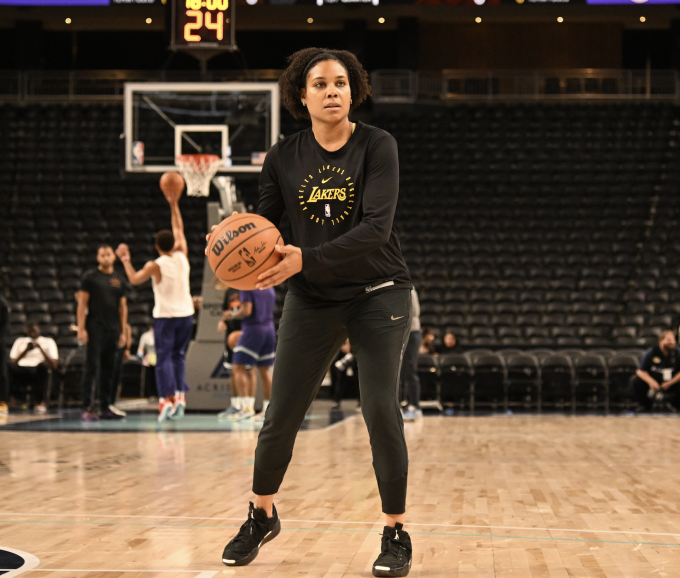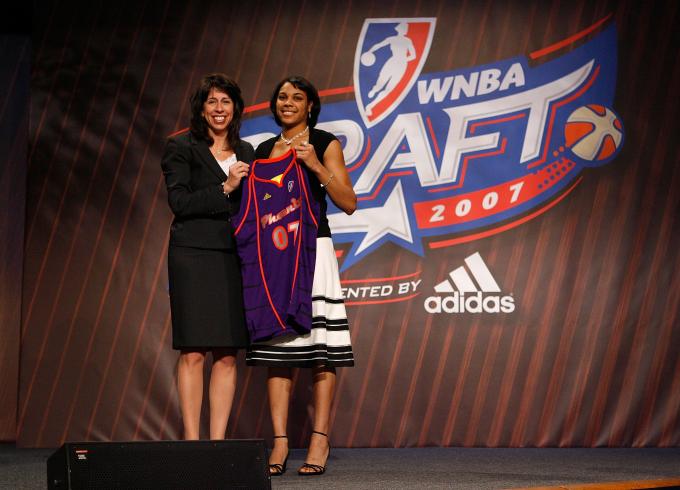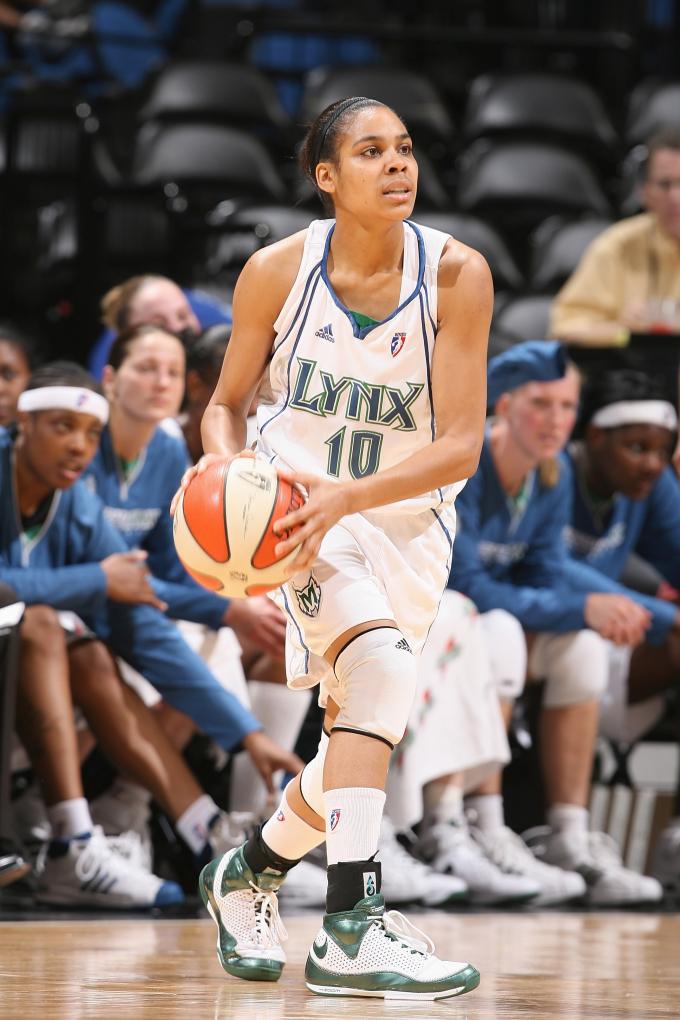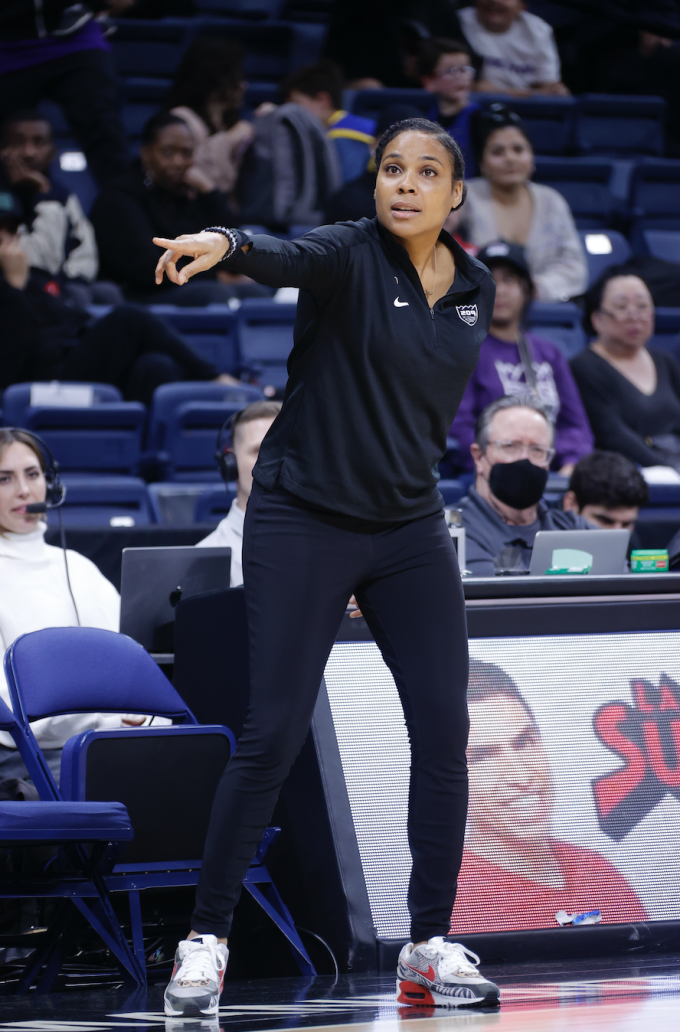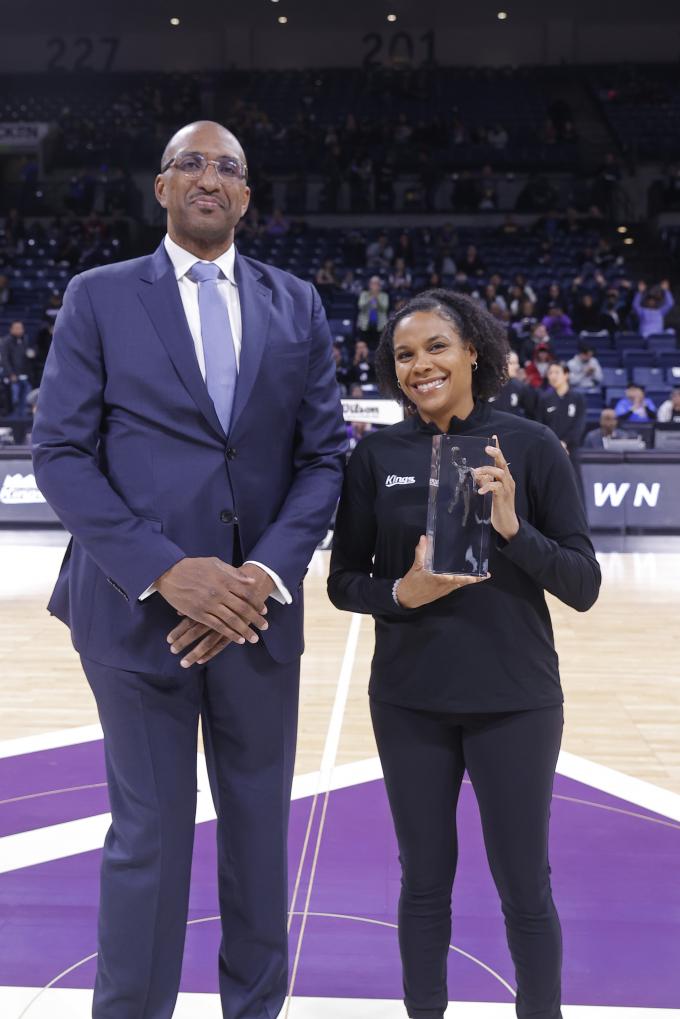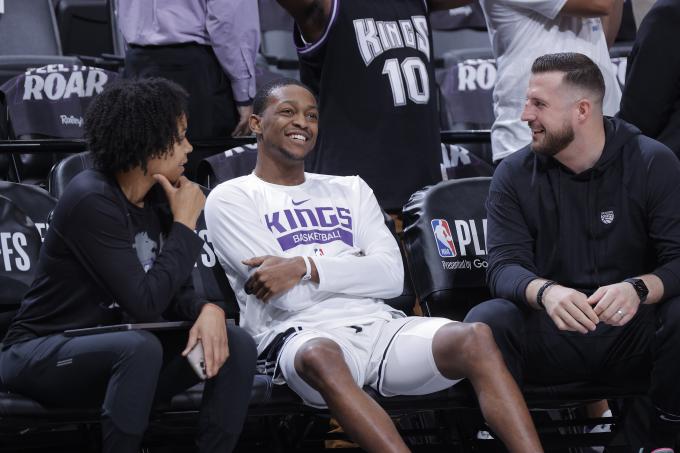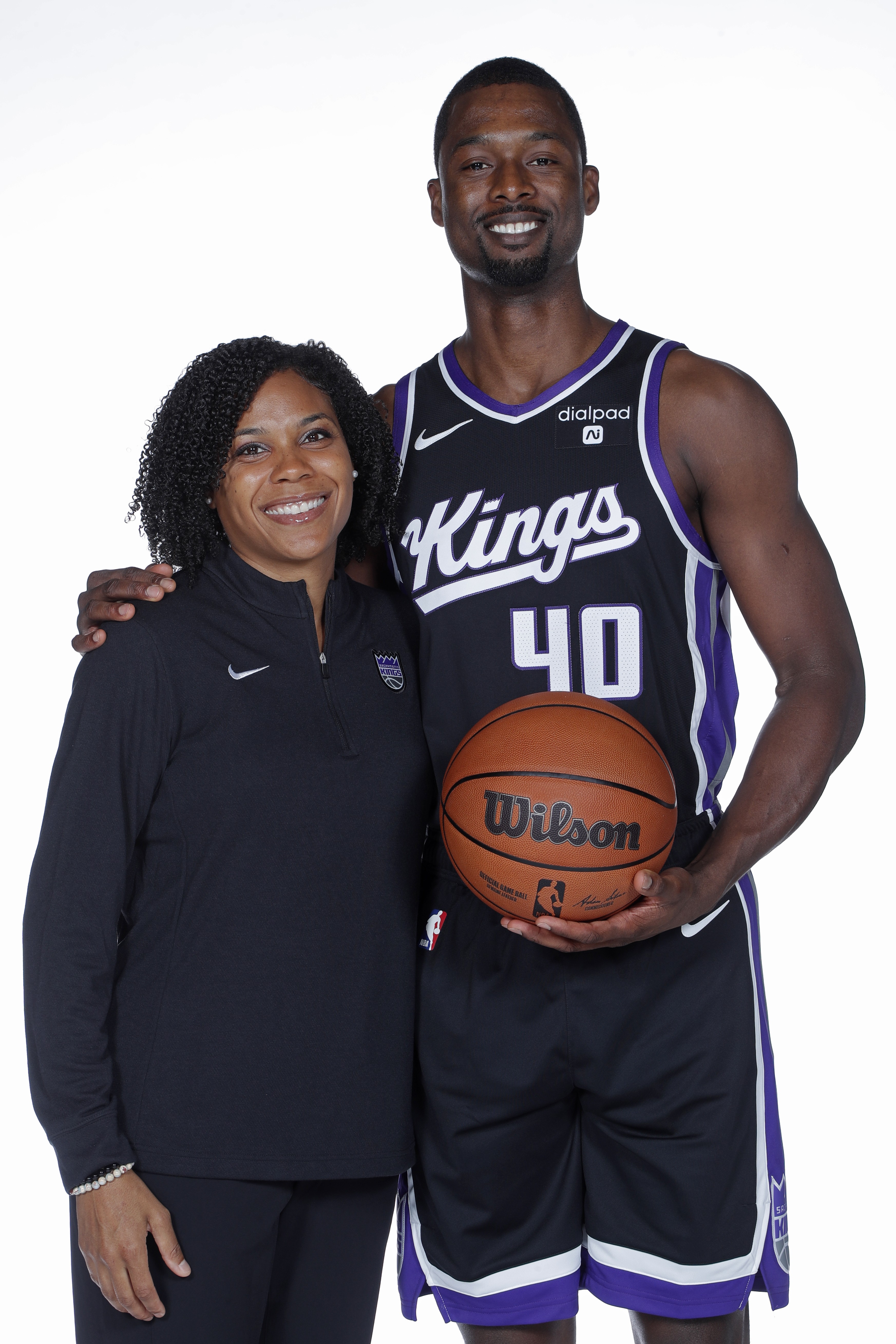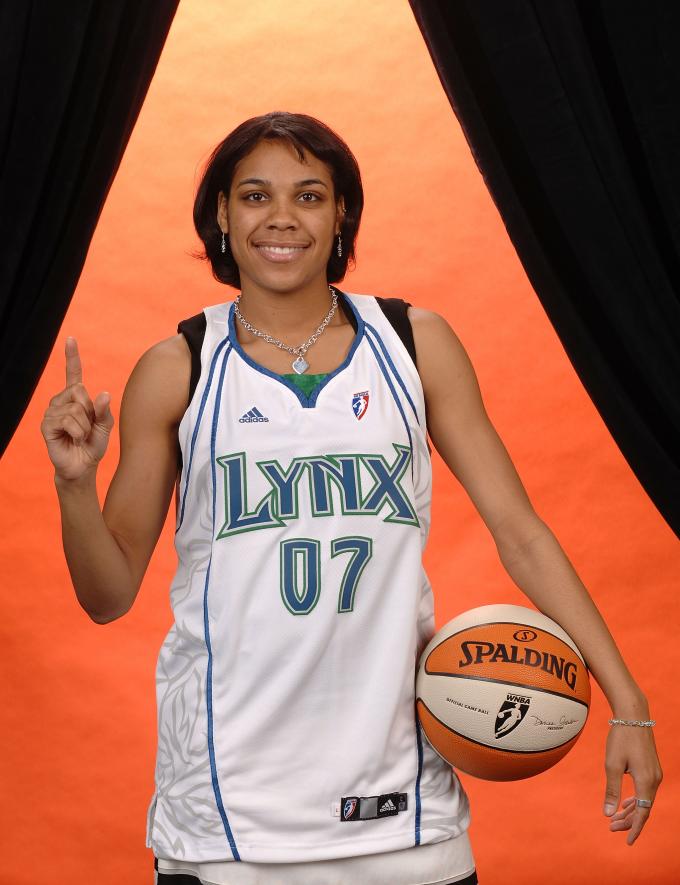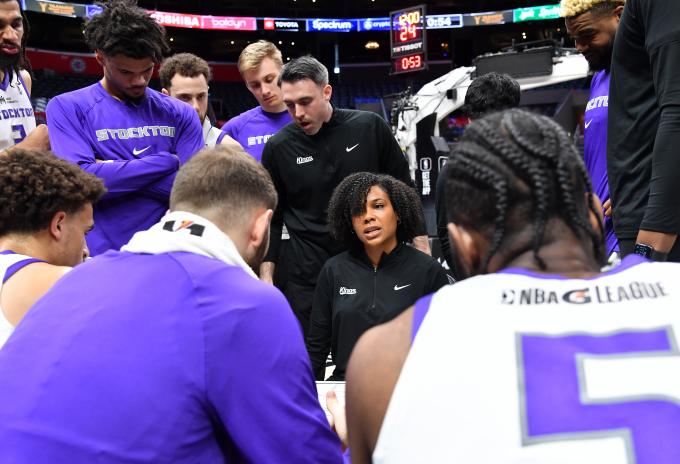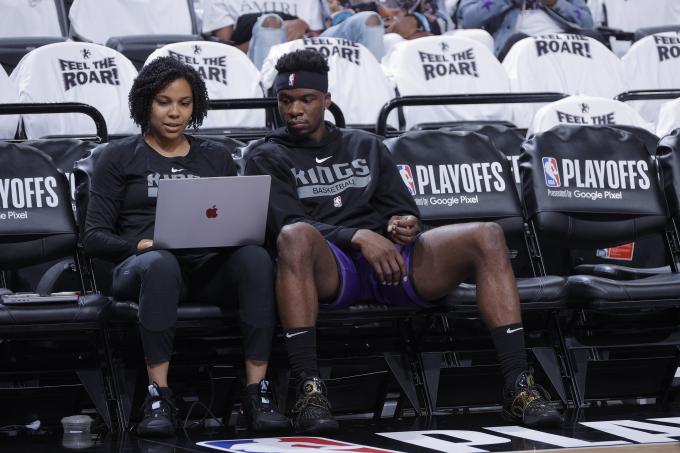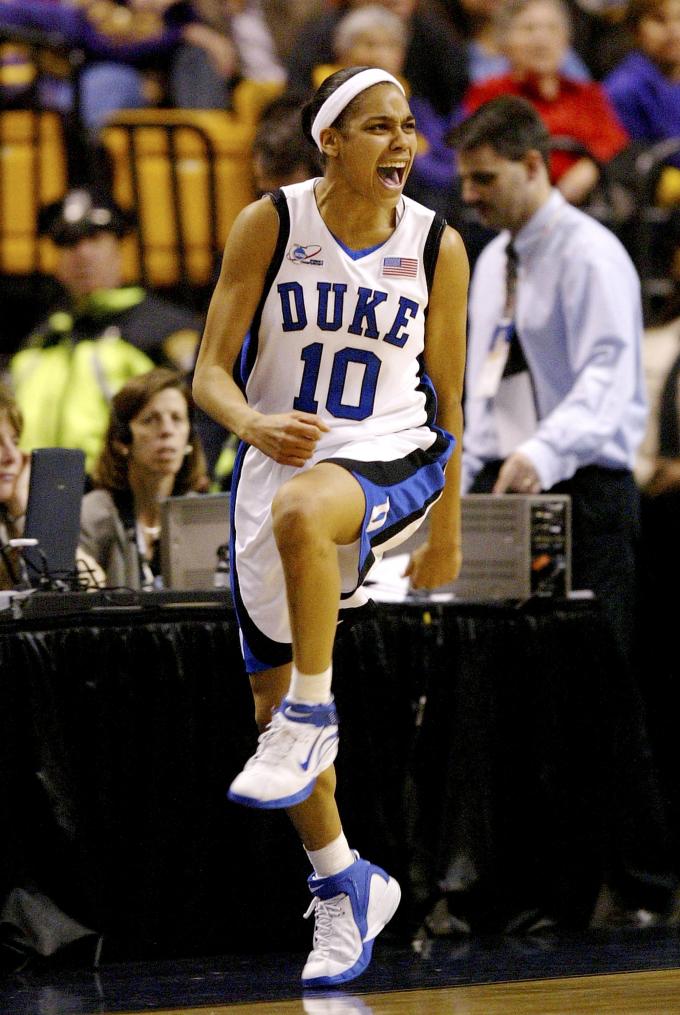
Two decades before Lindsey Harding joined J.J. Redick’s Los Angeles Lakers coaching staff, they got to know each other at Duke University. Back in the early 2000s, Harding and Redick developed a friendship while they were simultaneously starring for the Blue Devils.
Redick was named the Naismith College Player of the Year in 2006, and then Harding won the same award in 2007. They reunited briefly on the Philadelphia 76ers during the 2017-18 NBA season when Redick was a player and Harding was a player development coach. Then, when Redick was hired as the Lakers’ head coach this offseason, he made sure to hire Harding to his staff.
“I've known JJ for 22 years now,” Harding said. “We got to Duke the same summer, so I've known him a long time. Personally, just to see his growth as a player into this position and as a man into this position, it's been incredible to just see that growth.
“When I was with Philly, my first time being a player development coach, he was a player there. And I don't know if he remembers this, but I remember actually sitting with him at lunch and, it’s funny, I told him, ‘Oh my God, you've grown so much!’ Whenever we saw each other in passing, it was like, ‘Hey, how are you?!’ We've always had that relationship. But actually sitting down talking, it had been years. But [I told him] I saw the growth just from being an 18-year-old kid to now. That's been a great thing to see.”


